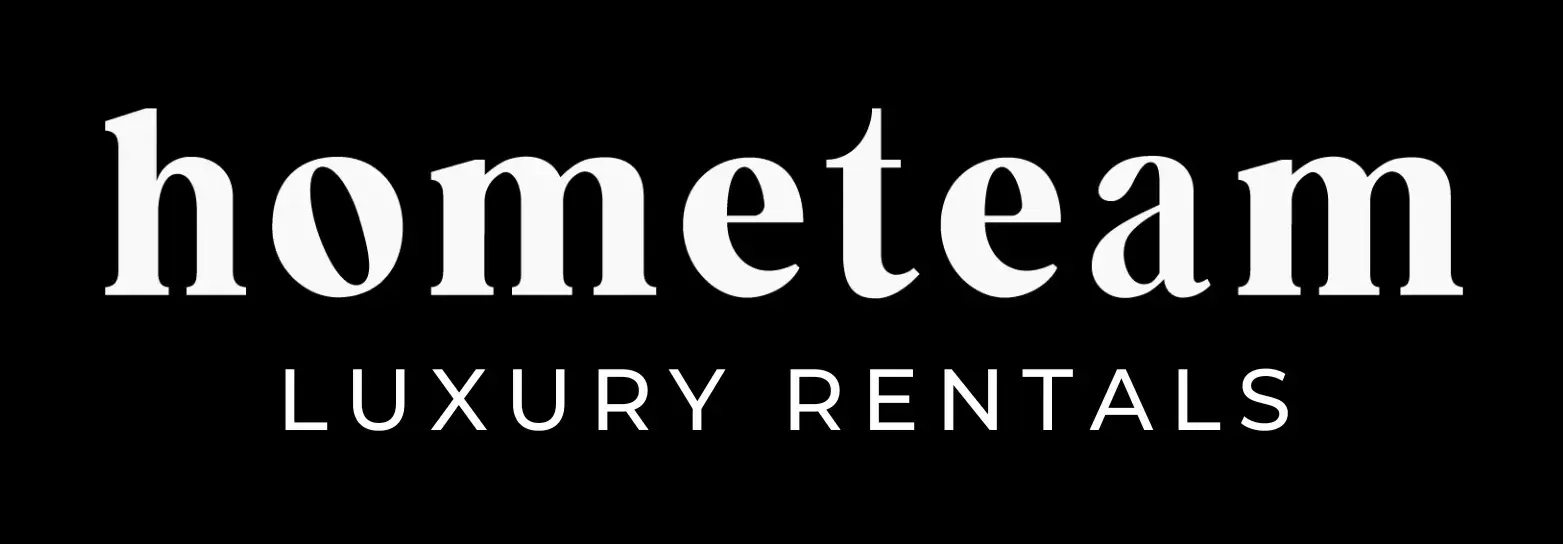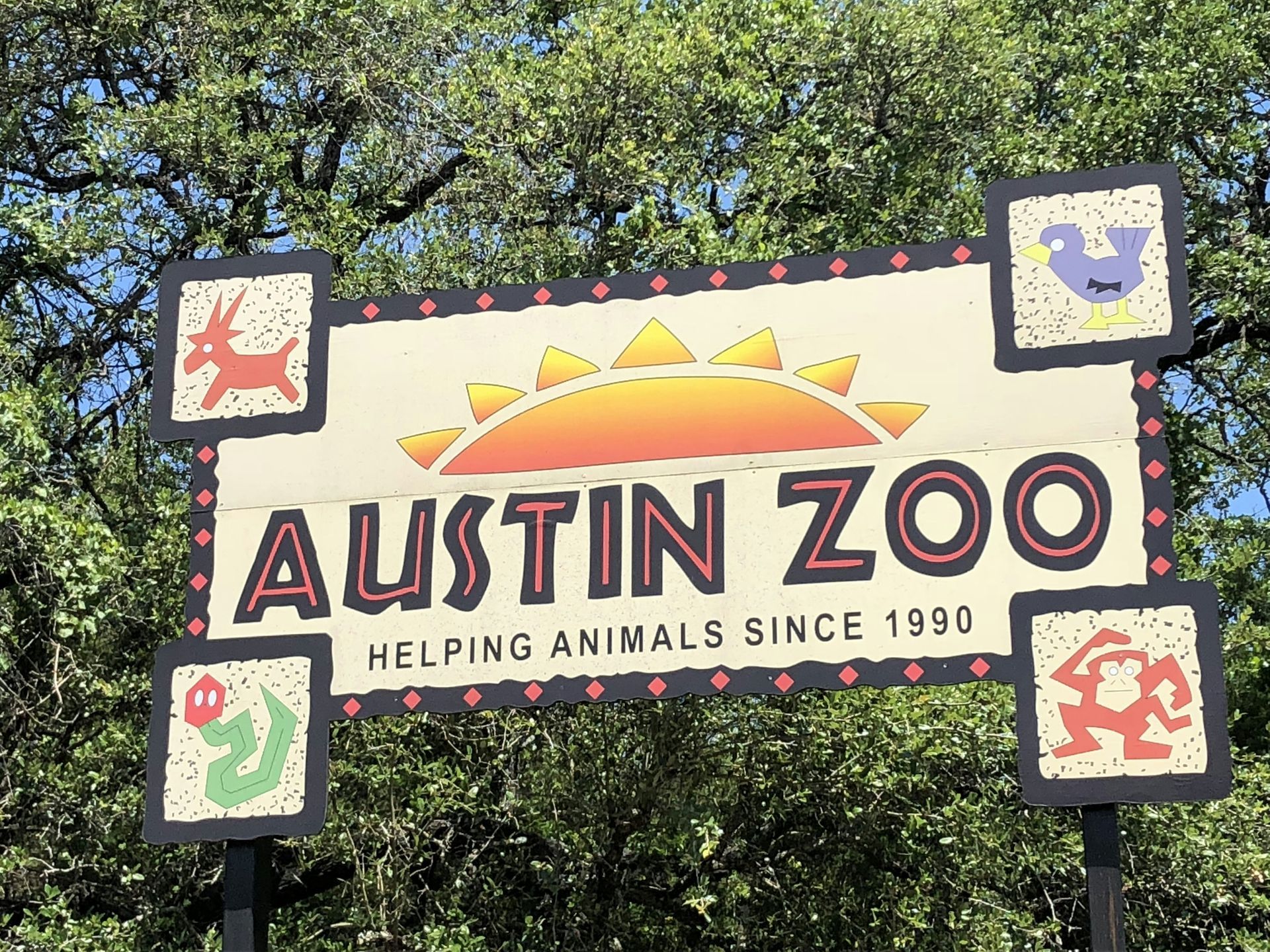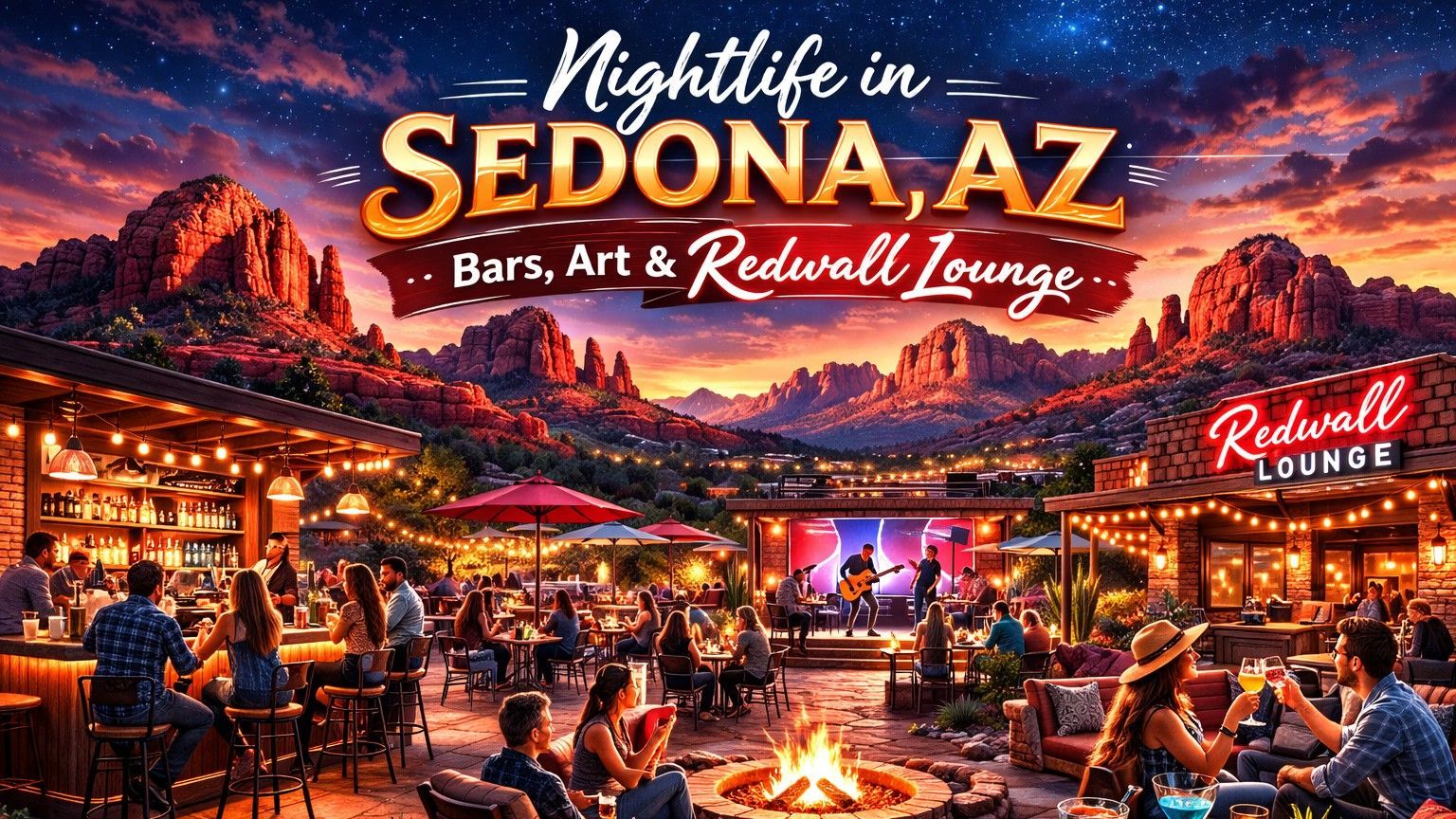South Carolina Airbnb Laws: Short Term Rental Regulations in the Palmetto State
By: Elliott Caldwell | Jul 21, 2025

South Carolina continues to attract vacation rental investors with its coastal cities, charming small towns, and year-round appeal for tourism. However, for those looking to operate a short-term rental in the state, whether through Airbnb, Vrbo, or direct booking channels, understanding the legal landscape is non-negotiable.
South Carolina does not enforce a single statewide policy for STRs. Instead, the state maintains a framework that empowers local governments to regulate Airbnbs as they see fit, while also enforcing state-level requirements for insurance, tax compliance, and business registration. In other words, compliance is not just about what city you’re in—it’s also about satisfying state obligations.
This article outlines the state’s role, the latest legislation affecting STR operations, and how these rules work alongside more restrictive city- and county-level ordinances. If you're planning to invest in or operate a vacation rental in South Carolina, this guide will give you a detailed view of the regulatory structure that governs your property.
Understanding South Carolina's Dual Regulatory Structure
South Carolina follows a “local control” model for STR regulation. This means most of the rules that govern day-to-day operations—such as where vacation rentals are allowed, whether permits are needed, and how many guests are permitted—are established by municipalities and counties.
At the same time, certain baseline requirements are enforced at the state level. These include sales and accommodations taxes, business licensing rules, and mandatory liability insurance coverage for STR operators. Whether you manage a condo in Myrtle Beach or a historic home in Beaufort, you’re subject to both sets of regulations.
The complexity of this system increased in 2025 with the introduction of Senate Bill S.442. This bill created new statewide standards while reaffirming the authority of local governments to enforce their regulations. For vacation rental owners, the result is a patchwork of compliance requirements—many of which differ block by block.
Statewide Requirements for South Carolina Vacation Rentals
While zoning, permitting, and operational rules are left to local jurisdictions, several core legal obligations apply to all STR owners throughout the state. These include:
- State-level tax registration and remittance
- Mandatory liability insurance coverage
- State and local business license requirements
Each of these rules applies regardless of how often you rent out your property or through which platform your bookings are made. Below, we’ll explore each obligation in detail.
Senate Bill S.442: Legislative Framework for Short Term Rentals
Senate Bill S.442, introduced in the 2025–2026 legislative session, formally clarified the role of municipal governments in regulating vacation rentals while also introducing several requirements that apply statewide.
The bill does not limit short-term rentals at the state level. Instead, it creates a framework that:
- Grants municipalities and counties the authority to regulate STRs through zoning, permitting, caps, or other controls.
- Defines a short-term rental as any residential property rented for fewer than 29 consecutive days.
- Mandates that all STRs maintain a commercial general liability insurance policy with a minimum of $1 million in coverage per occurrence.
- Allows local governments to suspend or revoke STR licenses in response to violations or nuisance complaints.
For operators, the most important takeaway is this: even if your local jurisdiction allows vacation rentals by right, you are still required to comply with the insurance and tax provisions of this bill. Failure to do so can result in enforcement action by either local or state authorities.
Insurance Requirements: $1 Million Commercial Liability Coverage
One of the most significant outcomes of S.442 is the codified insurance requirement. All vacation rentals in South Carolina must carry a commercial general liability insurance policy with at least $1 million in coverage per occurrence. This rule applies statewide and is not waived based on the size or income level of your operation.
Basic homeowners insurance is not sufficient, as most policies exclude business activity. Instead, STR owners must obtain dedicated coverage that includes:
- Third-party bodily injury and property damage
- Coverage for rental-related incidents, such as guest injuries or negligence
- A policy issued by a provider authorized to operate in South Carolina
This requirement helps protect both guests and property owners while aligning South Carolina’s STR market with professionalized standards seen in other states.
South Carolina State and Local Tax Requirements
Airbnbs in South Carolina are subject to a range of taxes at the state, county, and sometimes municipal levels. These taxes apply to all rentals of fewer than 90 consecutive days and must be collected and remitted by the host, unless the booking platform (e.g., Airbnb or Vrbo) does so automatically.
The following taxes typically apply to STRs:
- State Sales Tax: 5.0%
- State Accommodations Tax: 2.0%
- Local Option Sales Tax: Up to 3.0%, depending on county
- County Accommodations Tax: Up to 3.0%
- Municipal Accommodations Tax: Up to 3.0%, if applicable
- Income Tax: Applicable on rental income reported to the IRS and state
If you accept bookings directly or through a platform that does not remit on your behalf, you must register with the South Carolina Department of Revenue (SCDOR) and submit regular filings. Many cities also require separate local tax registration and remittance, particularly for accommodation taxes collected by the municipality.
Because total STR tax rates in South Carolina can exceed 12% in many jurisdictions, accurate calculation and compliance are essential. Failure to remit the proper taxes can lead to interest, penalties, or even the loss of your business license.
Local Regulation of Airbnbs in South Carolina
While South Carolina’s state government establishes baseline rules for taxation and insurance, local governments are the ones who determine where vacation rentals can operate, who can operate them, and under what conditions. Cities and counties have the authority to:
- Restrict STRs to certain zoning districts
- Cap the number of active STR permits
- Require owner-occupancy for certain listings
- Mandate annual inspections, safety plans, and local contact registration
- Impose civil penalties for non-compliance
Because of this local authority, South Carolina’s vacation rental regulations vary significantly from city to city. In some areas, STRs are encouraged as an economic driver. In others, local officials have passed ordinances designed to minimize their presence in residential neighborhoods.
To operate legally—and avoid costly fines or forced closure—Airbnb hosts must understand both the letter of the local law and its administrative processes, which often include permits, renewals, and conditional approvals.
Below are summaries of key local regulations in the most active STR markets across the state.
Charleston, SC: Zoning Laws STRs with Tiered Permit System
Charleston is one of South Carolina’s top short term rental markets, but it also enforces some of the most intricate local rules. The city separates STRs into two broad categories: Commercial STRs and Residential STRs, each with distinct eligibility and zoning requirements.
Key requirements include:
- STRs must be located in approved zoning districts—primarily commercial zones or historic overlay districts.
- Non-owner-occupied STRs are permitted only in the Short Term Rental Overlay Zone.
- Owner-occupied STRs are permitted in other districts but require the owner to reside on-site during all guest stays.
- All STRs require a Short Term Rental Permit, a business license, and compliance with city fire safety regulations.
- Residential permits are divided into Category 1, 2, and 3 depending on property age, location, and historical designation.
Charleston also limits STR occupancy to no more than four unrelated adults per stay and requires the display of STR permit numbers in all listings and advertisements.
Annual Renewal: STR permits in Charleston are valid for one year and must be renewed with documentation updates and applicable fees. Inspections may be triggered during the renewal process.
Hilton Head Island Short-Term Rental Regulations
Hilton Head Island has one of the more regulated short-term rental environments in South Carolina. STRs (including vacation rentals and Airbnbs) are permitted only in specific zoning districts, and compliance is strictly enforced.
Key requirements for operating an STR in Hilton Head Island include:
- STR Permit: Required annually; issued by the Town of Hilton Head Island.
- Zoning Compliance: Rentals are allowed only in designated zones, such as resort or mixed-use areas.
- Local Contact Requirement: A 24/7 local representative must be available for guest and town communication.
- Floor Plan & Site Plan: Must be submitted with the permit application.
- Occupancy Limits: Vary by property size; must comply with town codes.
- Parking Standards: Adequate off-street parking is required based on occupancy.
- Tax Compliance: Must remit local accommodation and hospitality taxes in addition to state-level taxes.
Hilton Head actively enforces these rules using software monitoring and community reporting. Operating without proper registration can lead to citations, fines, or permit denial upon renewal. Property owners should review Hilton Head’s official short-term rental ordinance and consult with local planning officials before listing.
Myrtle Beach, SC: Restricted to Tourist Zones
In Myrtle Beach, vacation rentals are treated as commercial activity and are prohibited in most residential zoning districts. The city’s code explicitly bans STRs in zones starting with “R,” except for RMV (Residential Multi-Family Visitor) districts.
Permitted zones include:
- RMV
- Mixed Use High Density (MU-H)
- Urban Village (C6)
- Entertainment and Highway Commercial zones
STR operators must obtain a business license, pay a 3% local accommodations tax, and ensure their property falls within one of the city’s permitted use districts. Enforcement is active and zoning compliance is strictly monitored.
This framework makes non-owner-occupied rentals feasible only in designated areas, meaning that investment opportunities must be carefully vetted for zoning compatibility before purchase.
Columbia, SC: Permit-Based System Without Zoning Limits
Columbia takes a more permissive stance. In 2023, the city adopted Ordinance 2023-037, which allows vacation rentals throughout the city, regardless of zoning, so long as operators comply with licensing and operational rules.
Core requirements include:
- A valid short term rental permit (renewed annually)
- A local business license
- Emergency contact availability at all times
- A house manual with parking instructions and safety information
- Maximum overnight occupancy limits of two persons per bedroom, plus two additional guests
- A 100% owner or representative notification requirement for adjacent neighbors
Columbia’s relatively inclusive approach—paired with low permit fees and affordable real estate—makes it one of the most accessible markets for new investors in South Carolina.
Greenville, SC: Strict Zoning Enforcement and Tiered Rental Durations
Greenville distinguishes between rentals of fewer than 30 days and 30–89 days, each with separate zoning designations and rules. STRs of fewer than 30 days are prohibited in most residential zones and permitted only in specific mixed-use and commercial areas.
Notable regulations:
- STRs under 30 days are not allowed in RH, RN, or RC zones.
- Hosts must obtain a $40 STR permit and a business license.
- The city defines different levels of lodging (e.g., general lodging vs. visitor accommodation) with corresponding zoning and density limits.
While enforcement is active, Greenville does allow non-owner-occupied Airbnbs in eligible districts, offering upside to those who navigate the zoning map effectively.
STR Regulations in Spartanburg, Sumter, and Other SC Markets
While major metro areas like Charleston and Columbia have well-defined STR permitting processes, smaller South Carolina cities are more fragmented in how they approach vacation rental activity.
Spartanburg, SC: Zoning Uncertainty in Residential Neighborhoods
In 2022, the Spartanburg City Council preliminarily approved zoning changes that would prohibit short-term rentals in residential districts while continuing to allow them in downtown and commercial corridors. However, these changes are not yet codified in the City Code, creating a gray area for hosts.
Key points for STR operators in Spartanburg:
- Business licenses are required, consistent with state law.
- STRs are generally treated the same as hotels or motels in zoning applications.
- Enforcement and clarity around zoning are limited—real estate investors should consult local planning staff or legal counsel before proceeding.
Despite the regulatory ambiguity, Spartanburg continues to attract visitors with its access to nature, downtown revitalization, and affordability, making it a potentially high-margin market with moderate risk.
Sumter, SC: Minimal Local Regulation
The City of Sumter currently does not have formal short-term rental ordinances on the books. However, STR operators must still comply with:
- Annual business licensing
- Local accommodations taxes
- State-level tax collection and remittance
The absence of STR-specific legislation gives hosts flexibility, but it also creates uncertainty. Operators should be proactive about maintaining records, paying taxes, and ensuring compliance with health, safety, and nuisance laws to minimize risk as local policy evolves.
How to Find Local STR Regulations in South Carolina
While South Carolina has no universal vacation rental law, nearly all compliance happens at the local level. To operate legally, you’ll need to understand the specific rules in your property’s city or county.
Where to Look
Start your due diligence with these trusted sources:
- Municipal Websites: Visit your town or city’s official government website. Look for pages under
Planning,
Zoning,
Code Enforcement, or
Town Clerk. Many cities include searchable PDFs or dedicated STR pages. Search terms like “short-term rentals,” “vacation rentals,” or “transient lodging” may yield results faster.
- Planning or Zoning Departments: These offices oversee land-use policies and can clarify where STRs are allowed, whether permits are needed, and which zoning districts apply to your property.
- Town or City Clerk’s Office: Clerks keep records of ordinances and permitting requirements. They can provide copies of the official code or refer you to the department managing short-term rentals.
- Council or Planning Board Meeting Minutes: Review recent meetings to see if STR regulations have been introduced, debated, or amended. Many municipalities maintain searchable archives online.
Key Questions to Ask Officials
Contacting local officials directly can save time and confusion. When reaching out, consider asking:
- Is short-term rental activity allowed at my property’s address and zoning district?
- Is a permit or license required? If so, what is the application process, cost, and renewal cycle?
- Are safety inspections or specific insurance requirements part of the process?
- What are the rules regarding maximum occupancy, parking, quiet hours, or trash disposal?
- Are there limits on how many nights per year I can rent the property?
- Do I need to be an owner-occupant to qualify for STR activity?
- Are there any pending changes to STR laws in the pipeline?
Key Compliance Steps for South Carolina Short-term Rental Owners
Operating legally means following both state-level tax rules and city-level STR regulations. Here’s how to stay compliant:
- Register for State Taxes: File with the South Carolina Department of Revenue (SCDOR) for your sales and accommodations tax license. Airbnb and Vrbo may collect state taxes automatically, but owners remain responsible for local compliance and remittance.
- Research Local Ordinances: Identify if your city or county requires STR registration, zoning compliance, inspections, or specific insurance coverage.
- Obtain Local Permits and Licenses: Apply for city-issued STR permits and business licenses. Some jurisdictions require floor plans, site maps, or designated emergency contacts.
- Ensure Property Safety: Install smoke and carbon monoxide detectors, verify egress paths, and address any inspection points related to fire, sanitation, or accessibility.
- Follow Operational Rules: Limit guest counts, enforce parking and trash protocols, and adhere to quiet hours or noise ordinances.
- Display Required Credentials: Post your local permit number in all listings. Keep licenses and emergency info available to guests inside the unit.
Risks of Non-Compliance
South Carolina cities actively enforce vacation rental ordinances. Operating without the proper licenses or in unauthorized zones can lead to:
- Fines ranging from $250 to $1,000+ per day depending on jurisdiction
- Cease and desist orders, which could halt operations indefinitely
- Permit or license revocation, affecting your ability to relist
- Liability gaps, where insurance may not cover incidents due to regulatory non-compliance
- Negative track records, which could impact future applications or financing
Avoiding these outcomes requires proactive research and diligent recordkeeping.
When Professional Help Makes Sense
Managing a vacation rental in South Carolina isn’t just about bookings and hospitality—it’s also about zoning maps, tax licenses, and ever-changing regulations. For many owners, the regulatory overhead becomes a full-time job.
If you're seeking peace of mind while maximizing performance, a professional property manager can help. The best firms handle:
- Permit tracking and renewal
- Local tax registration and remittance
- Safety inspections and documentation
- Onboarding guest communication that reinforces local rules
- Pricing, marketing, and listing optimization across platforms
For investors operating across multiple jurisdictions—or managing properties remotely—this partnership often pays for itself in higher occupancy, reduced legal risk, and more consistent 5-star reviews.
Conclusion: Navigating STR Rules in South Carolina
South Carolina presents a dynamic and decentralized regulatory environment for short-term rentals. While there are no overarching statewide restrictions, nearly every municipality has the authority to establish its own rules around zoning, permitting, safety compliance, and taxation for vacation rentals, STRs, and Airbnbs.
Cities like Charleston, Columbia, and Hilton Head enforce comprehensive frameworks, but many other towns are still evolving their approaches—or have yet to implement formal ordinances. This patchwork structure creates both opportunity and risk for investors and hosts.
If you're exploring markets beyond the major cities, due diligence is just as critical. For example:
- Beaufort and Bluffton each require business licenses and often apply historic district overlay rules.
- Georgetown and Port Royal offer attractive coastal alternatives, though both have active discussions around limiting STR density.
- Camden and Lexington are examples of inland municipalities where short-term rental rules may be minimal, but zoning still matters.
- Seneca, near Lake Keowee, is growing in popularity, yet lacks a cohesive STR ordinance at the time of writing.
- Surfside Beach and Folly Beach have implemented caps and registration requirements to manage tourism impacts on small beach communities.
- Aiken, known for equestrian tourism, is beginning to see increased short-term rental activity and may adopt formal rules soon.
For all these locations, STR owners must verify:
- Whether their property is in a permitted zone
- What licenses or permits are required
- Applicable local occupancy, parking, and inspection standards
- What taxes must be collected and remitted at state, county, and city levels
Successfully operating an STR in South Carolina means more than listing a property—it requires careful planning, local compliance, and ongoing awareness of regulatory updates.
If you’re looking to protect your investment and reduce the complexity, working with an experienced property management team can streamline compliance and maximize returns. Home Team Luxury Rentals specializes in high-end vacation property management in South Carolina and across the U.S. and offers tailored expertise in navigating local STR laws—especially in unique or emerging South Carolina markets.
This article is intended for informational and educational purposes only and does not constitute legal, tax, or financial advice. South Carolina’s vacation rental laws are subject to change and may be interpreted differently by municipalities or enforcement agencies. Before making any decisions regarding the operation of a short-term rental, consult with a qualified attorney, tax advisor, or your local municipal officials to ensure compliance with all applicable regulations.








